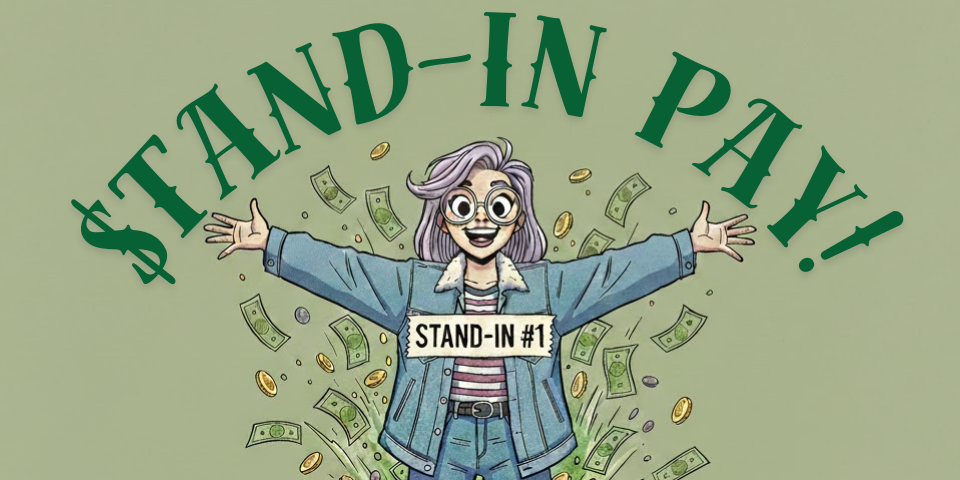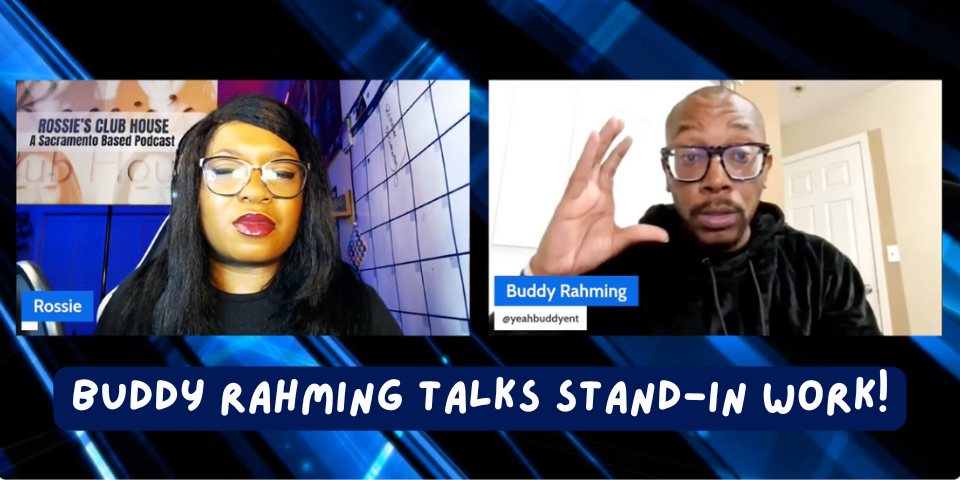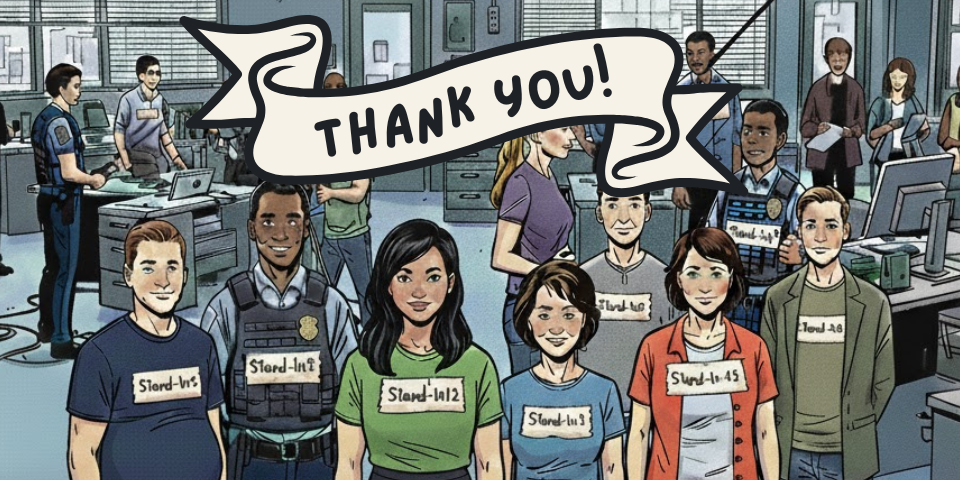Dear Stand-In Central,
I am a regular stand-in on a television show. Since the start of our season, we have had several first time stand-ins that have been booked to stand in for dayplayers. The background PA routinely introduces them to me and tells them to stay by me (because I know when to be on and off set) and follow what I do. I don’t mind giving them the basics like how to stand on the mark, but lately I’ve been feeling more and more like a babysitter. Some of these stand-ins follow me so closely that they stand next to me on my mark, and others repeatedly disappear off set and cannot be found when it is time for them to stand in.
I have not been blamed for “losing” these stand-ins, but I feel conflicted about the level of responsibility I should have for them. I want to help out the crew and make sure the new stand-ins are doing their best, but I cannot be keeping and eye on them and chasing after them all day. It’s becoming very stressful.
Have you had experience with this and do you have any advice?
– Brandy
Hi Brandy!
Thanks for your email! What a tough situation. Your situation probably is not all that uncommon for stand-ins who work regularly on the same project and become familiar and friendly with the assistant directors and background P.A. I’ve provided a reply below. Also, your situation suggested a need that Stand-In Central can fill for stand-ins like yourself. Stay tuned to the homepage for a downloadable sheet like the one described by the end of the 2011.
– The Editor
Response from Ben Hauck
First of all, I feel your pain! While technically it is not part of your responsibilities as a stand-in to parent or teach others, you may feel a particular need to help a few out here and there. But when that becomes an obligation or a chore, one that especially interferes with your own job or downtime, that sounds like a real issue.
We had a similar issue come up on set recently. Another regular stand-in was seated next to a day-playing stand-in pulled from background, who was next to a talkative background actor. The regular stand-in was quiet but the other two were distracted. The day-playing stand-in was talking and on his Blackberry; the talkative one was, well, talkative. The typically soft-spoken DP went up to the two and said very directly, “Do you want to be a stand-in? Then watch her (our regular stand-in). And you (the background actor)–be quiet.” And the DP left.
The regular stand-in felt bad, feeling somewhat responsible for those two, though they weren’t really her responsibility.
In my opinion, you know that this happens–that new stand-ins come in and sometimes they shadow you. I might advise to prepare for this in order to help circumvent it. An idea I had that another stand-in also liked was to create a sheet of paper with stand-in responsibilities on it. Hand it to new stand-ins whenever production singles you out as the go-to person for advice. That way, in giving them a sheet with responsibilities on it, you help them out, but then you also make it their responsibility to abide by what’s expected of them. With their “knowing the rules” from the sheet, you potentially get around much further responsibility and also dump some of the responsibility onto them. Plus, they get a good takeaway that they can use for future stand-in gigs.
A more general idea is to refer these people to the Stand-In Central website: http://standincentral.com. That’s why it’s here, to be a helpful resource for the stand-in. If it helps, simply say, “Go to standincentral dotcom and click on ‘What Is A Stand-In?‘” There, I’ve created several general headings, including one that says “Responsibilities.” If you’d like to create a sheet from it, you can pull from there (please cite Stand-In Central as the source if you quote directly from it–thanks!). Just basically, the site is here to help stand-ins out … and it sounds like you’re a stand-in who needs some help!
All in all, I hope you use some of the above devices to get out of some of the added responsibilities your job wants you to care for. Keep in mind that the other stand-ins aren’t your responsibility–they’re more the responsibility of the assistant director or production assistants (the background P.A., the key P.A., et al.).
I felt your pain when reading your email. If you find some other balance, feel free to write back.
How do you manage stand-ins who follow you for guidance? What information do you offer? Are there limits to what you teach stand-ins? If you care to share below, please do!
Discover more from Stand-In Central
Subscribe to get the latest posts sent to your email.






Leave A Comment